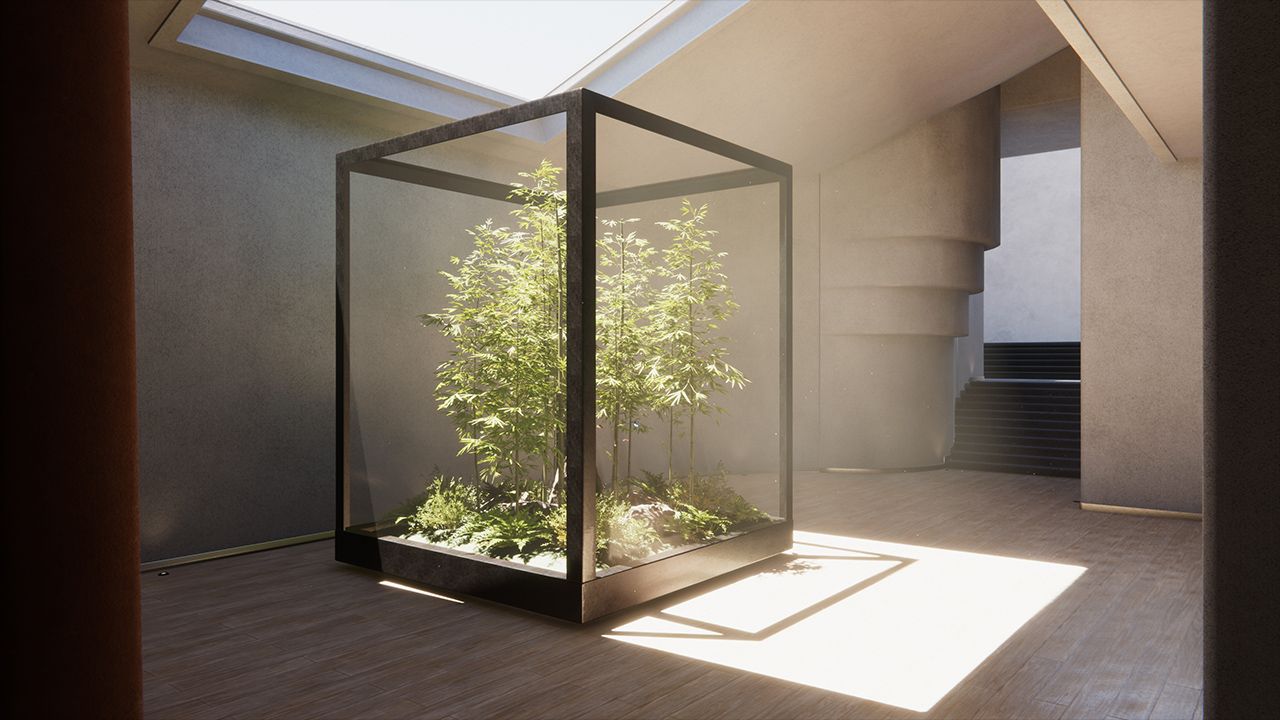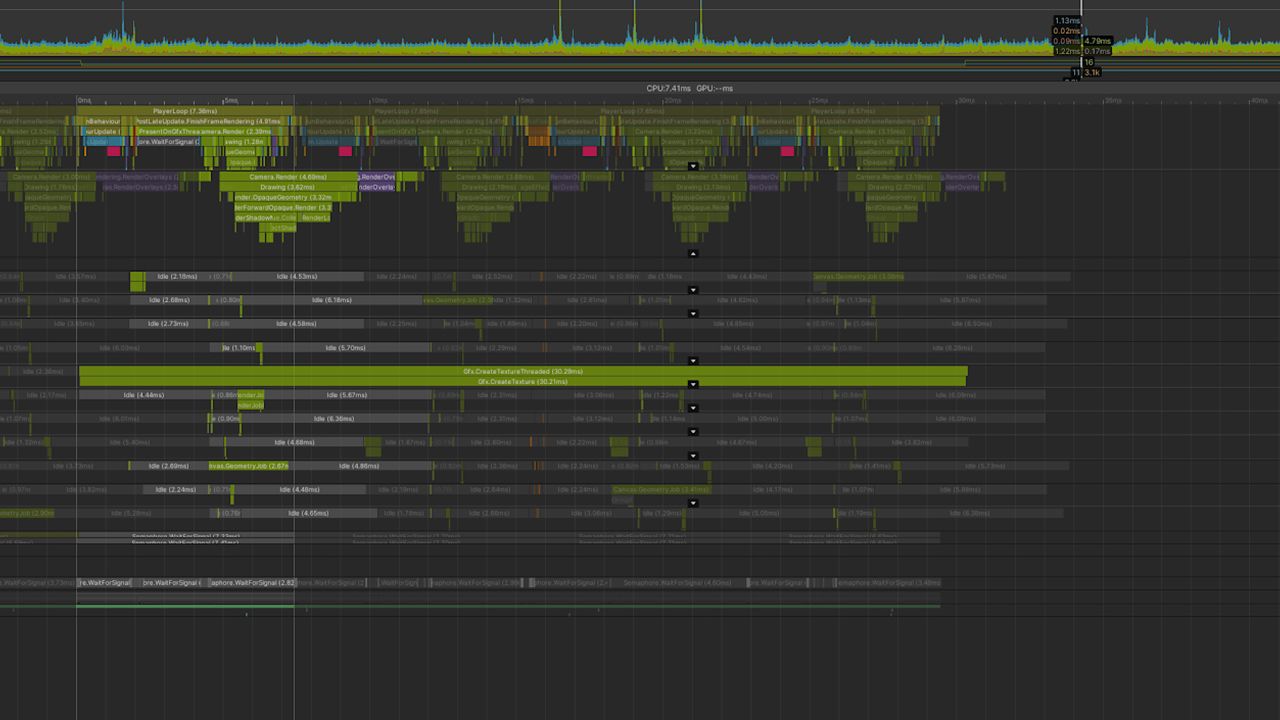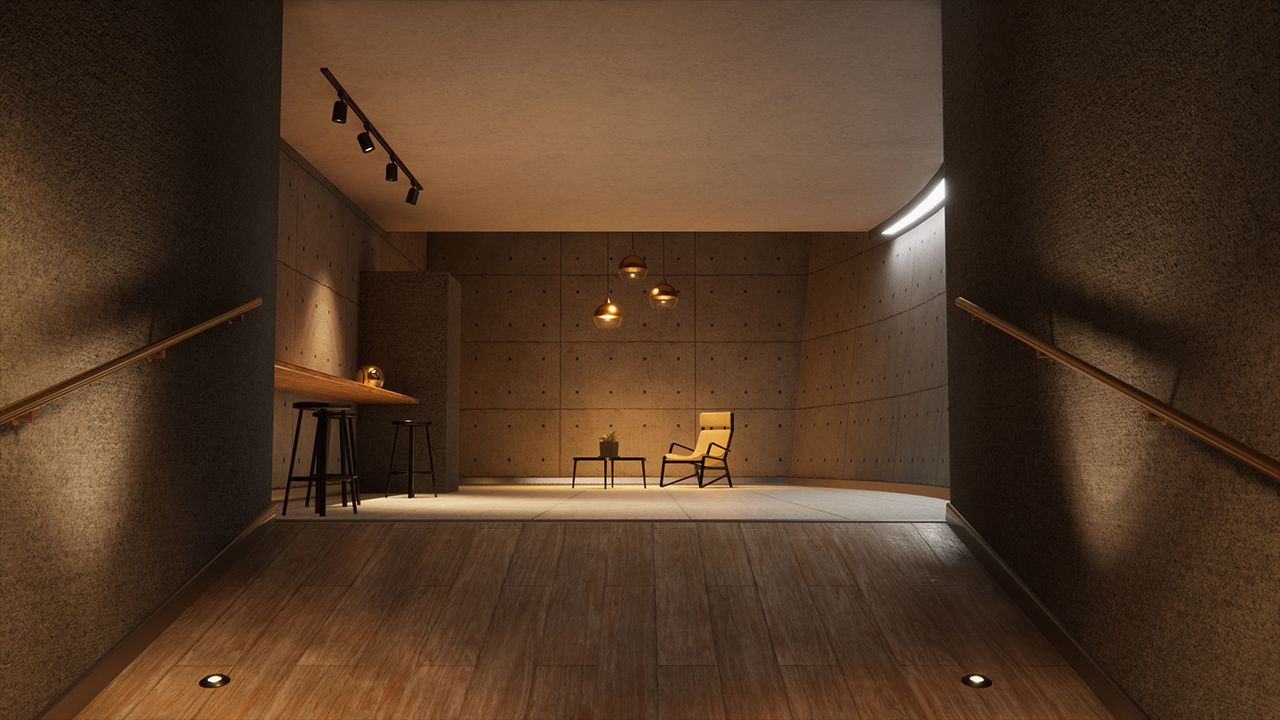

This release is packed with improvements to our existing tools. Iteration and import times are now faster, workflows are smoother, and it’s easier to optimize your projects. Whatever your role or industry, Unity 2020.2 helps you bring your interactive real-time 3D vision to life even faster. Get all the details on what’s new as well as resources to get you started.

Several usability, performance and stability updates improve the overall experience of working in Unity as an artist. Unity 2020.2 also offers new options for Shader Graph, VFX Graph and our suite of 2D tools, and our improved tooling for creating cinematics and other video and film content.

Write high-performance code faster with Unity 2020.2. New improved tools for programmers help you to iterate faster and optimize your projects for higher performance. Highlights include improved compilation times, C#8 support, updated profiling tooling, and significant performance optimizations across the board.

Speed up iteration and import times, and try out more ways to customize the Editor to your needs. Unity 2020.2 makes you even more productive with optimized Editor workflows, better performance and new templates. UI Toolkit is now also included in the Editor as a fully integrated core feature.

Whether you’re building experiences for augmented or virtual reality, mobile, web, desktop or consoles, we have new features and enhancements to make the development process even smoother.

For graphics in Unity 2020.2, we continue our focus on quality-of-life fixes and performance. Our rendering pipelines, the Universal Render Pipeline (URP) and the High Definition Render Pipeline (HDRP), are maturing, so you can use them in a wider range of scenarios.

If you want to lock in your production on a specific version of Unity for maximum stability, we recommend you use a Long-Term Support (LTS) version of Unity. Unity 2019.4 LTS, our latest LTS release, has the same feature set as Unity 2019.3 and is available now.
We expect Unity 2020.3 LTS to ship in spring 2021, around the same time as Unity 2021.1.

